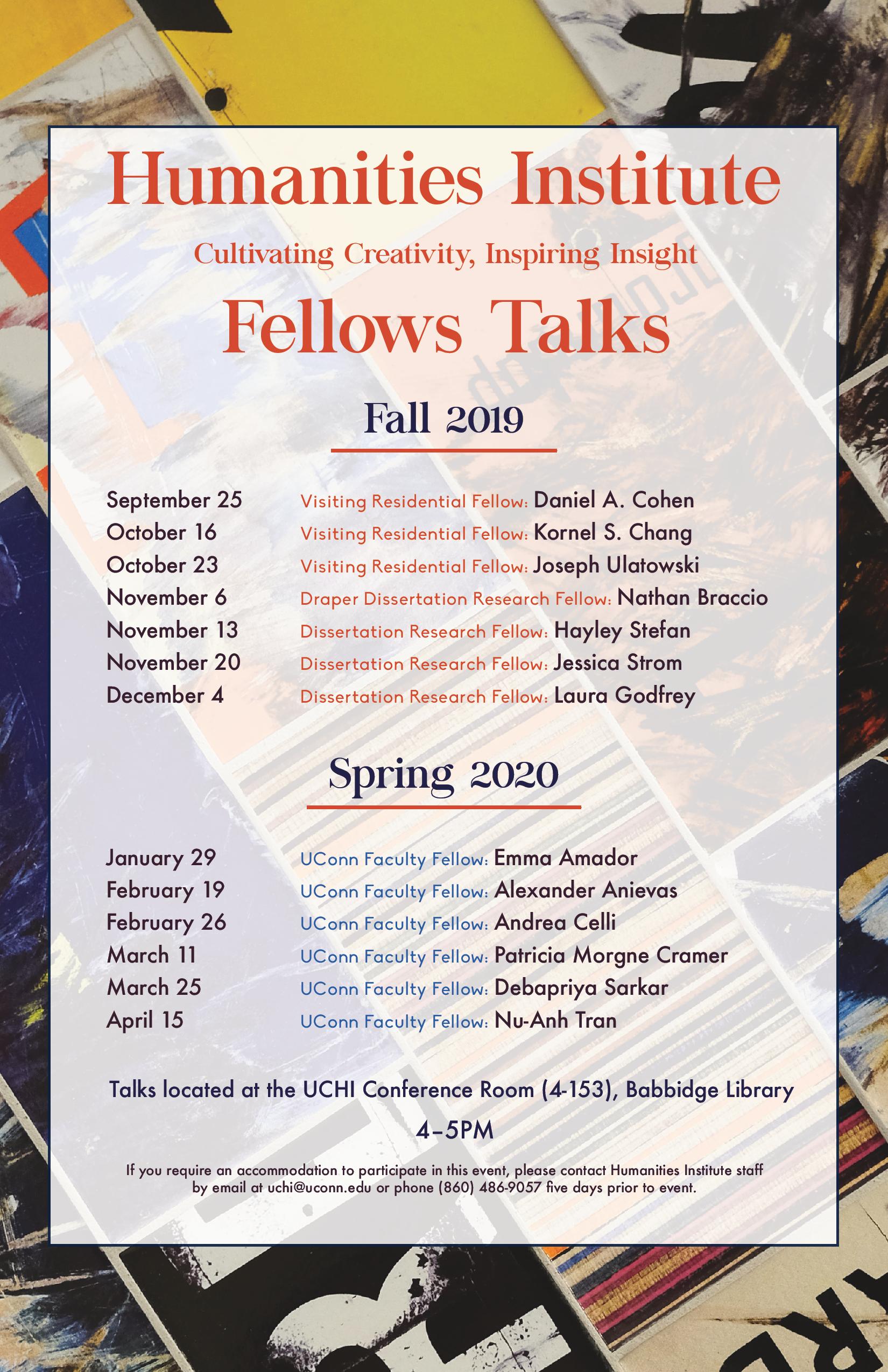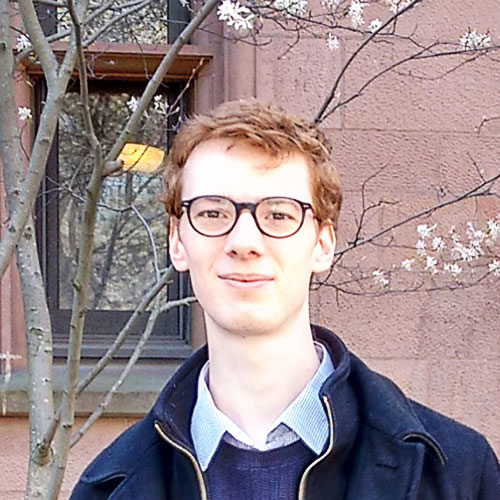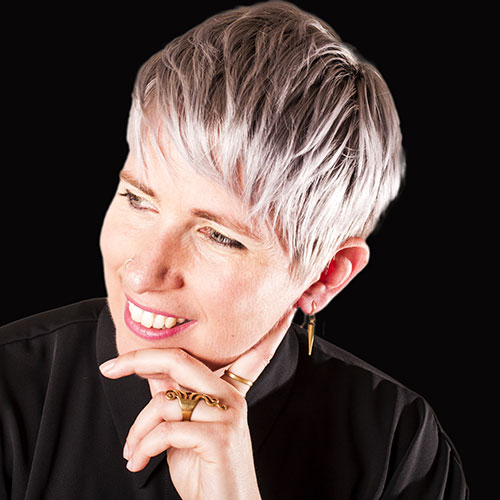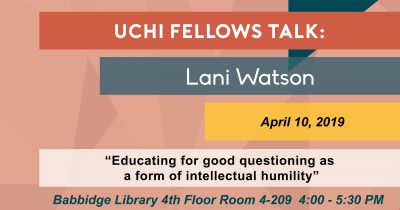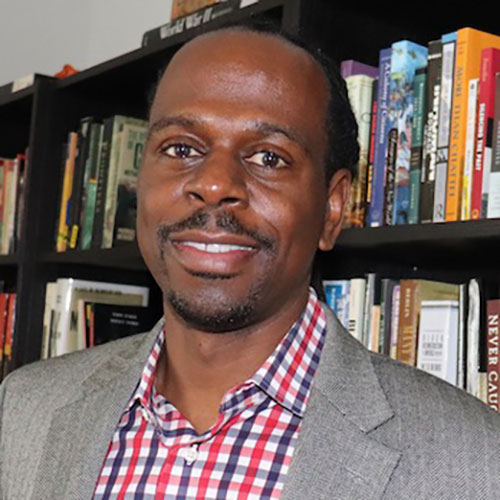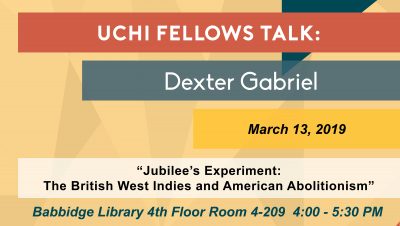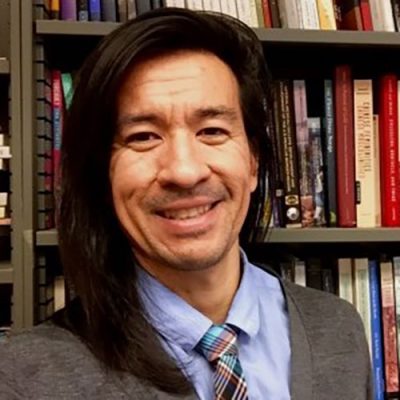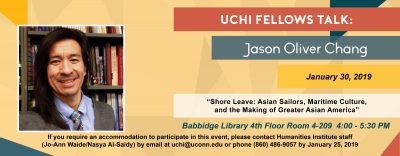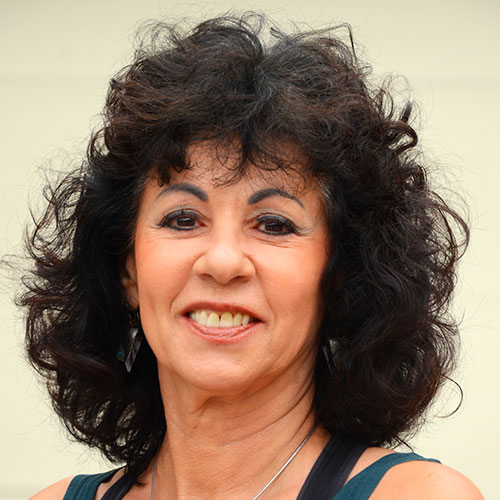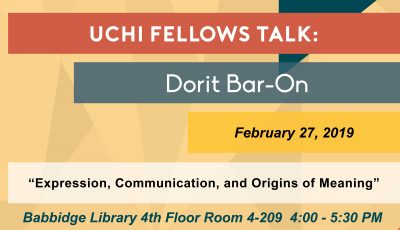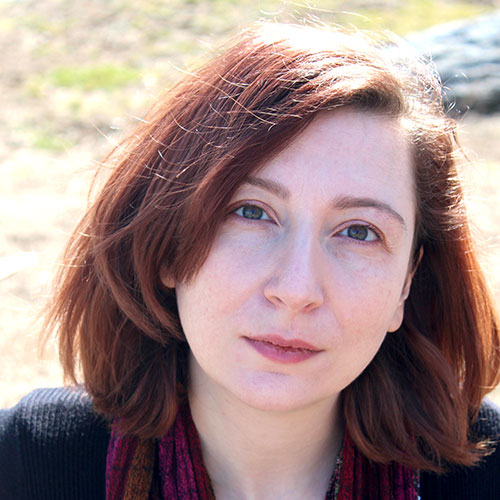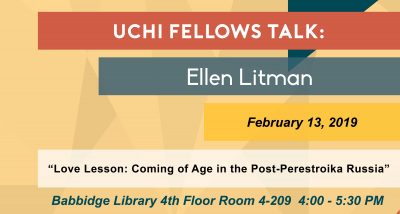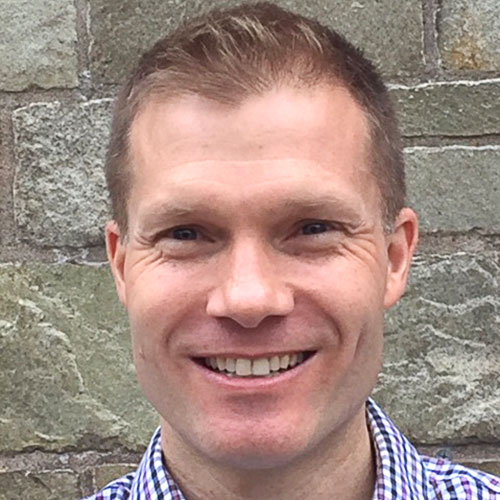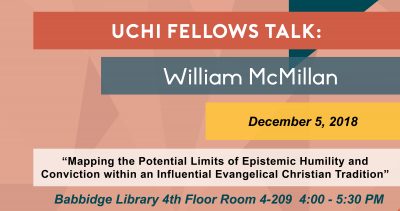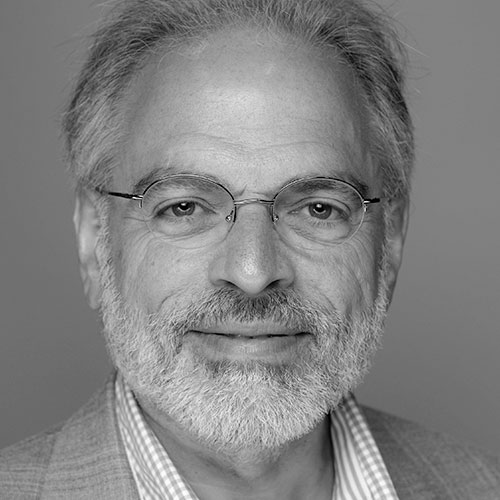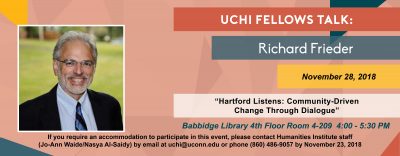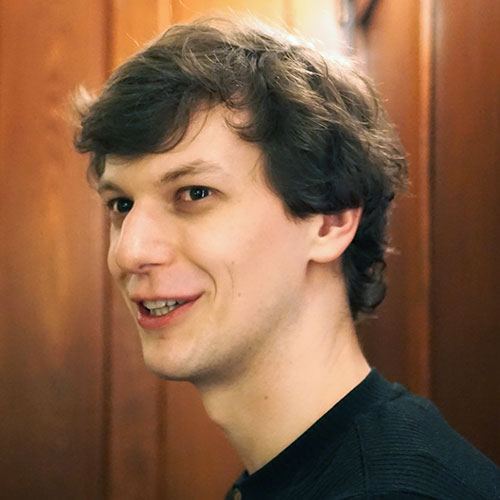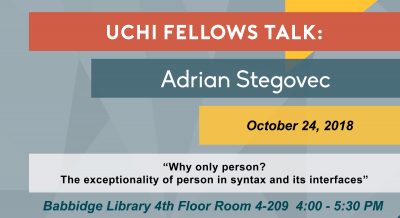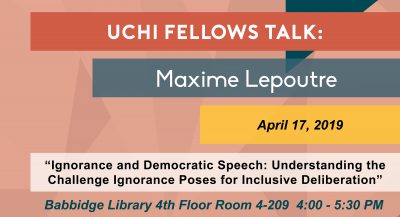
- Tell us a bit about the project you are working on at UCHI.
Briefly put, my project aims to investigate the nature of political ignorance and the challenges such ignorance poses for democratic public life, by bringing recent work in epistemology and philosophy of language into closer dialogue with empirical political science.
Empirical social scientists have long argued that ordinary citizens tend to be highly ignorant about political matters. This result, in turn, has increasingly been used to support anti-democratic political systems (that is, rule by those who ‘know best’), or very minimal forms of democracy (that is, forms of democracy that only involve ordinary citizens in a very limited way). The problem with this research, however, is that it tends to rely on a theoretically unrefined understanding of what ignorance is. I believe this difficulty has led to unsatisfactory measurements of political ignorance, and has limited our understanding of the challenges involved in countering political ignorance.
To remedy this problem, we need a more sophisticated understanding of the nature of political ignorance. Accordingly, what I will do in this project is develop such an understanding by drawing on recent work in epistemology and philosophy of language. The first part of the project will explore what kind of epistemic state political ignorance is. Philosophers typically distinguish between having a true belief about something, and understanding that thing. Lack of political understanding, I will suggest, is what is really dangerous for democratic politics. But what social scientists measure is typically whether citizens have true or false political beliefs, not whether they have an understanding of political issues. As a result, their measurements tend to underestimate political ignorance in important respects, and overestimate it in others.
The second part of my project will focus on why it is difficult to counter political ignorance through democratic public speech. Here, I will explore two obstacles that stand in the way of deliberative attempts at eliminating ignorance. To begin, political ignorance can be rational: in ethically divided societies, there can be good reasons for people not to heed the insights or testimony of others. Secondly, political ignorance can be sticky: conversational norms can be ‘asymmetrically pliable, so that it is easier to introduce ignorant views into public discourse than it is to remove them from public discourse. Exploring these issues should yield a deeper understanding of the rational and linguistic obstacles that prevent democratic public discourse from fostering knowledge.
2. What drew you to this topic and what exciting developments are you anticipating?
I first became interested in the issue of political ignorance when I was writing my doctoral dissertation, entitled ‘Democratic Speech in Divided Times’. There, I explored the positive functions that public deliberation can play in divided settings: how it can be used to share knowledge, and to hold political decision-makers accountable. I was especially interested in how features of public discourse which are symptomatic of division and injustice—such as public expressions of anger—can actually play a crucial role in exposing and eliminating those injustices.
But the problem I encountered time and again during this project was that most of these positive powers of political speech could be subverted and turned to bad ends in conditions of political ignorance. Take the case of anger. When citizens who endure injustices know little about the true causes of those injustices, demagogues can exploit their legitimate anger and direct it, misleadingly, at vulnerable minorities. In such cases, expressions of anger create ignorance, not knowledge.
The upshot is that political ignorance is a serious obstacle for democratic politics. Accordingly, it seems to me that we will not be in a position to put public deliberation to positive use until we understand the nature of political ignorance better. The most exciting development of my current research project, then, is that it will bring us closer to addressing this significant problem. Not only will it help us measure political ignorance more accurately, but it will also shed light on what kinds of political speech are better suited to countering political ignorance, and when they might be capable of doing so.
2.What are you looking forward to in regard to this year at UCHI?
The University of Connecticut Humanities Institute will be an ideal place to carry out this research. This is, first and foremost, because of the institute’s strong emphasis on interdisciplinary research: in many ways, the point of my research project is to suggest that there has been too strong and too artificial a division between social scientific approaches to ignorance, and philosophical approaches to ignorance. This, in turn, has had a deleterious effect on our understanding of political ignorance. So I am really enthusiastic at the prospect of working in an environment that actively encourages multidisciplinary work. I’m also looking forward to my residency at UCHI because it is such a strong and innovative centre for the study of language and knowledge. For example, I’ve learned a huge amount from Lynne Tirrell’s research on hate speech and Michael Lynch’s work on understanding in a digital era—and I’m eager to learn a lot more next spring!
3. Many people wonder what value the humanities and humanities research has in today’s world. What are your thoughts on what humanities scholarship “brings to table?”
The humanities perform foundational research that is indispensable to understanding and addressing contemporary political challenges. To see this, consider that empirical research concerning social and political phenomena—for instance, the effects of hate speech or the rise of inequality—necessarily depends on theoretical research. When social scientists go about gathering data, they do not do so randomly. Instead, their research is guided by theoretical hypotheses. And the conceptual insights of philosophy and of the humanities more generally is directly relevant to generating these theoretical hypotheses.
Consider again the example of hate speech. When social scientists try to measure the harmful effects of hate speech, they operate with some background hypotheses regarding how hate speech might harm its targets. Now, philosophers of language—speech act theorists in particular—have deeply enriched those hypotheses, by exploring how speech can not only say things but also do things. Another important example is the measurement of inequality. Seemingly abstract debates in political philosophy concerning the so-called ‘currency of equality’—that is, concerning what kinds of goods or resources should be equalised—have revolutionised the way in which we now measure equality. Indeed, those debates gave birth to Amartya Sen’s famous capabilities approach, which in turn played a key role in developing the Human Development Index. The result has been a far more robust way of measuring and understanding one of the most important social phenomena of the past few decades: the drastic rise in global inequality.
Importantly, the research I intend to pursue at the UCHI models itself on these influential instances of humanities research. As I explained above, I hope to use philosophical insights concerning knowledge, understanding, and language, to enrich the theoretical hypotheses that guide social scientific investigations of political ignorance. And understanding political ignorance, how extensive it is and how it can be countered, is a first step towards more fruitful public deliberation.
